May 17, 2025 | 17:56 GMT +7
May 17, 2025 | 17:56 GMT +7
Hotline: 0913.378.918
May 17, 2025 | 17:56 GMT +7
Hotline: 0913.378.918
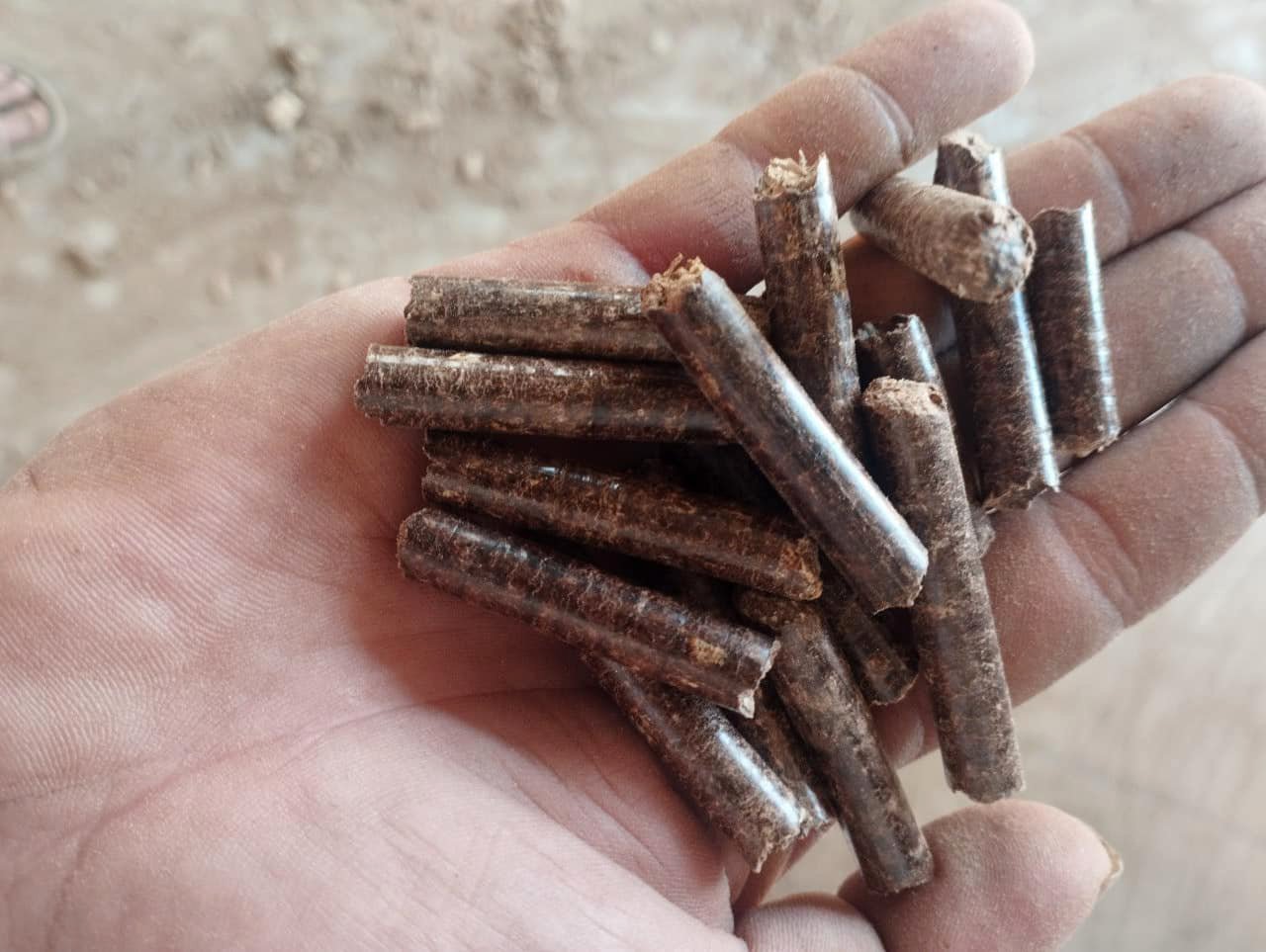
Wood pellets produced at a factory in Binh Duong province. Photo: Son Trang.
South Korea and Japan are the two largest export markets for Vietnamese wood pellet, accounting for 97% of Vietnam's tablet export both in terms of volume and value in 2022. Most notably, the price of wood pellet exports to South Korea and Japan increased strongly within the last few years, from an average of 140 USD per ton (FOB price) in early 2022, to 180-190 USD per ton in late 2022 and early 2023.
However, after reaching the aforementioned price range, the price of wood pellets exports to South Korea and Japan fell sharply. The price of wood pellet exports to Japan dropped to an average of 145-165 USD per ton, whereas the price of exports to South Korea were only 78 USD per ton in April 2023. Accordingly, the export price has dropped to below below the production cost, resulting in several Vietnamese wood pellet producers and small businesses with little financial potential, to cease production.
The wood pellet branch under the Vietnam Timber and Forest Product Association has organized multiple activities in response to the falling export prices, including connecting with businesses in South Korea to provide additional information on the status of wood pellet production in Vietnam. As a result, the price of wood pellet exports to South Korea has shown signs of recovery.
On the other hand, challenges in the wood processing and wood product industry also has a major impact on the price of wood pellet exports. The primary source of raw materials for producing wood pellet exports to Japan is domestic, FSC-certified forest timber. However, raw materials for producing wood pellet exports to South Korea mainly comprise of by-products from the furniture industry such as sawdust, wood shavings, bits, etc.
Provinces in Southeastern Vietnam including Dong Nai and Binh Duong - where the majority of export furniture processing businesses are located - are also home to numerous wood pellet producers for export to South Korea. According to Mr. Nguyen Liem, Chairman of Binh Duong Furniture Association (BIFA), the furniture industry and the wood pellet and chip processing industry share a symbiotic relationship. Accordingly, wood pellet and wood chip processing facilities help to consume branches, small wood and by-products from the furniture industry.
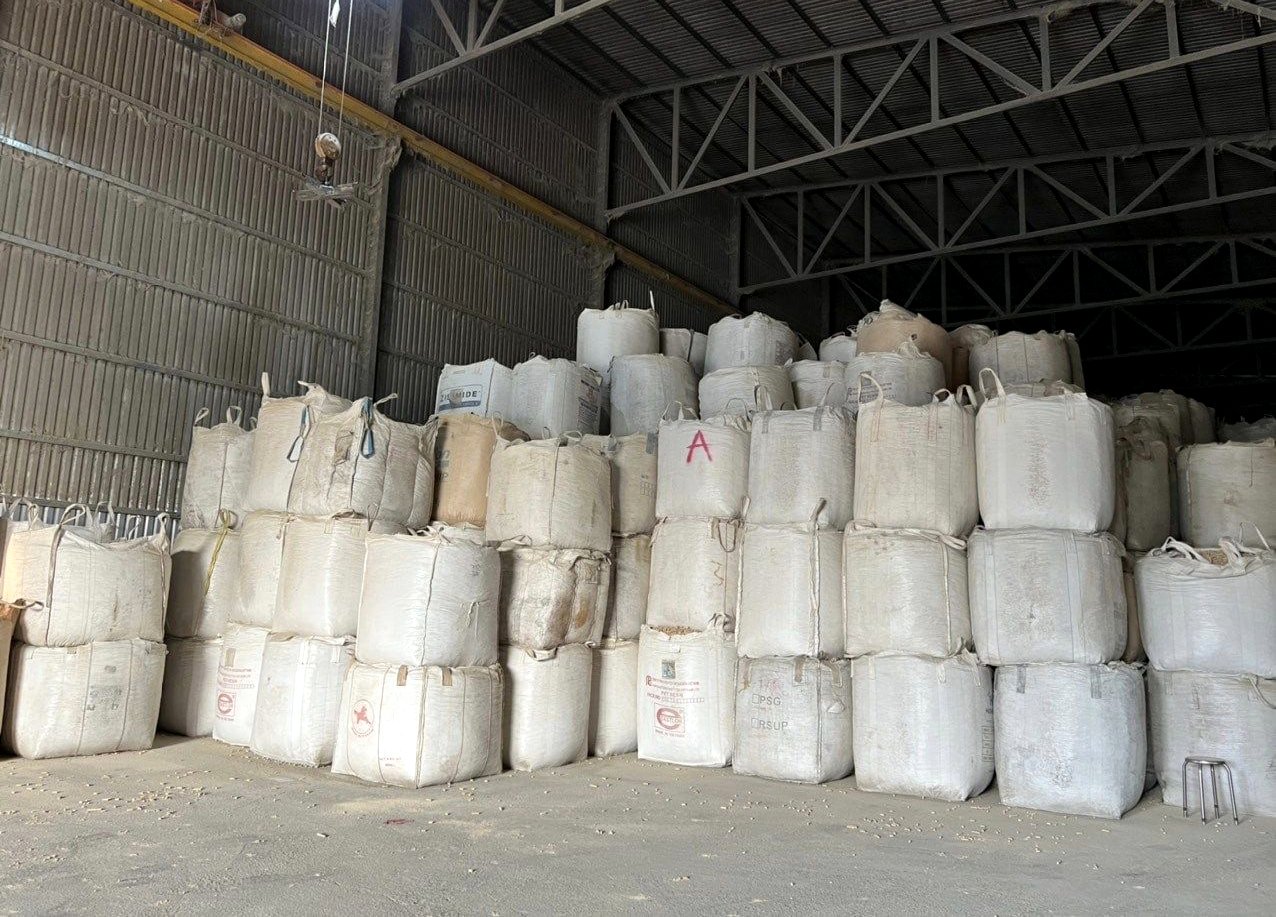
Sacks of wood pellets in a factory in Binh Duong province. Photo: Son Trang.
Production of furnitures has dropped markedly since the beginning of 2023 due to export difficulties. Consequently, this reduction caused a shortage of raw materials for the production of wood pellet exports to South Korea. However, the demand for wood pellet in South Korea did not decrease. This imbalance forced wood pellet processing businesses that export to South Korea to increase their purchases in order to meet the need for raw materials. Furthermore, this factor also increases the price of wood pellet exports to South Korea. By the beginning of July 2023, the price of wood pellet exports to South Korea has reached at least 110 USD per ton.
According to Forest Trends, Vietnam is the main source of wood pellet for South Korea (accounting for 80% of the total demand in this market). However, South Korea is currently looking to diversify its supply sources, including products from Russia.
Wood pellets from Russia have high quality and affordable prices. Before the conflict between Russia and Ukraine broke out, Russia exported approximately 3 million tons of wood pellets to the global market every year, with the main export target being the EU. However, due to sanctions from mutiple nations, Russian wood pellet producers have had difficulties in exporting their products.
Some Russian wood pellet producers were compelled to find alternative markets. Subsequently, they accept cheap export prices to gain access the South Korean market. However, forecasts have shown that a surge in the amount of wood pellet exports from Russia to Korea is unlikely to occur in the immediate future. Due to various sanctions imposed on Russian exports, state-owned energy companies and large corporations in South Korea refuse to import Russian wood pellets. There are only a small number of privately owned, small-scale power plants in South Korea that utilize Russian wood pellets. Accordingly, the potential to expand the market share of Russian wood pellets in South Korea is marginal.
Translated by Nguyen Hai Long
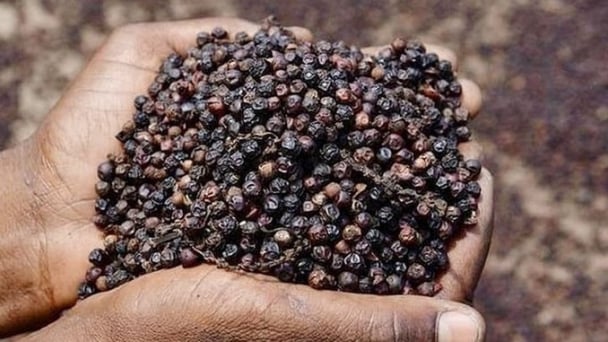
(VAN) Pepper prices on May 16, 2025, fluctuated by VND 500–1,000 domestically, trading at VND 151,000 – 152,000/kg. Global pepper prices remained stable.
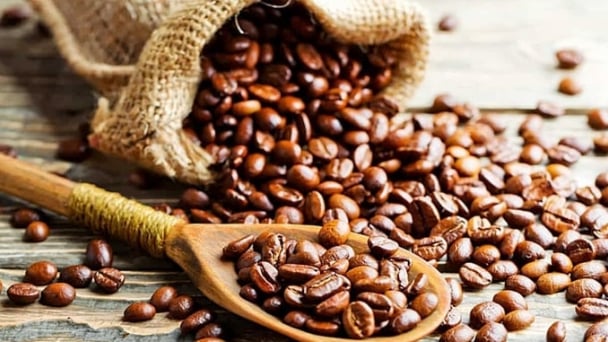
(VAN) Coffee prices on May 16, 2025, edged up by VND 200, trading around VND 125,900 – 126,200/kg. Meanwhile, global coffee prices are showing mixed movements.
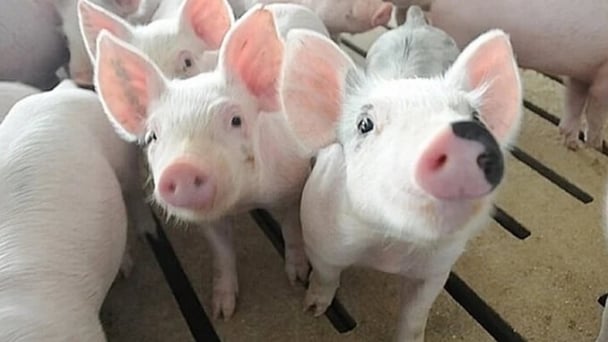
(VAN) Live pig prices on May 16, 2025, continue to remain flat. Live pig prices across the 3 regions are trading in the range of VND 67,000 to VND 75,000/kg.
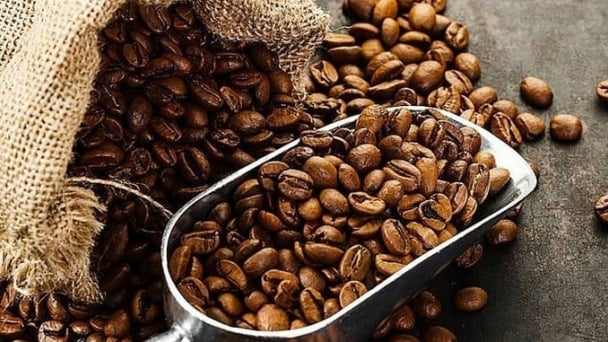
(VAN) Coffee prices on May 15, 2025, fell sharply by VND 2,500, trading at VND 125,700 – 126,200/kg. Global coffee prices also dropped significantly by 3%.
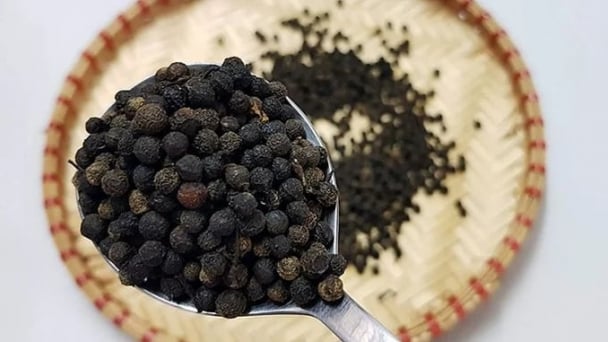
(VAN) Pepper prices on May 15, 2025, remain unchanged domestically, trading at VND 151,000 – 152,000/kg. Meanwhile, global pepper prices show mixed movements.
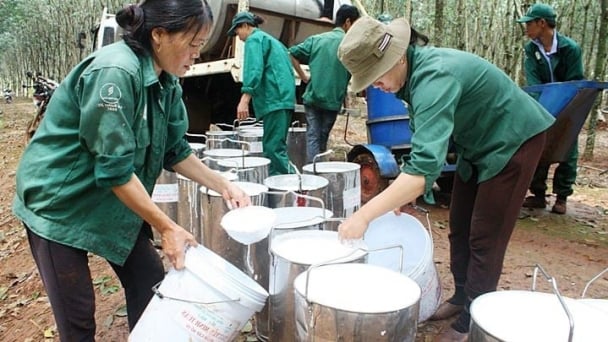
(VAN) Rubber prices on May 15, 2025, rise across global markets. Meanwhile, domestic latex prices remain steady, ranging from VND 397 to VND 462/TSC.
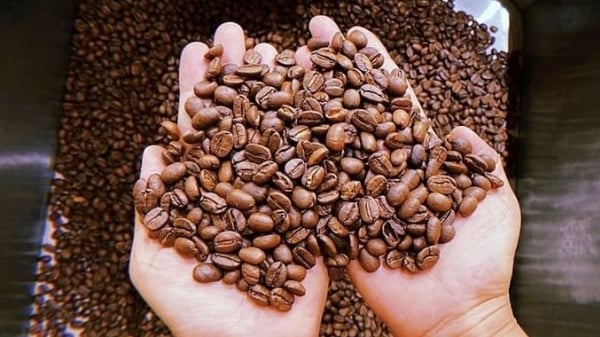
(VAN) Coffee prices on May 13, 2025 decreased by VND 1,200, trading around VND 125,500 – 126,000/kg. Global coffee prices also fell sharply.